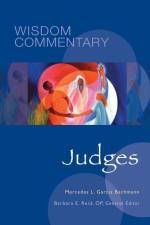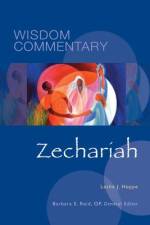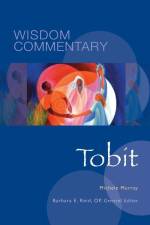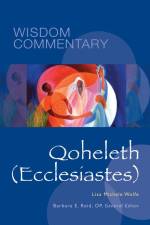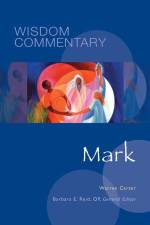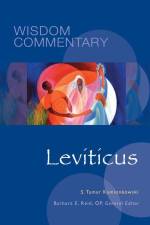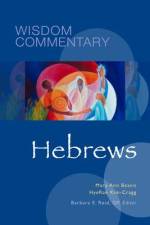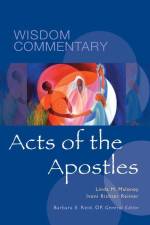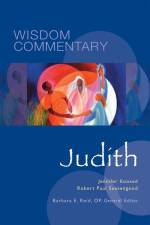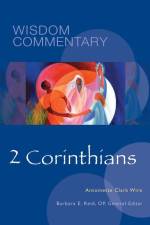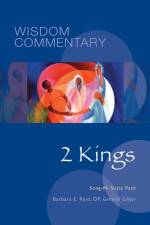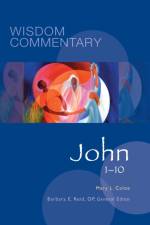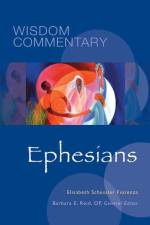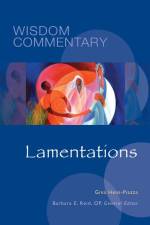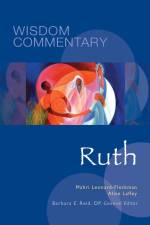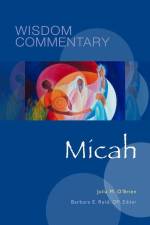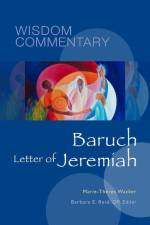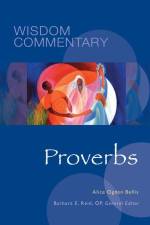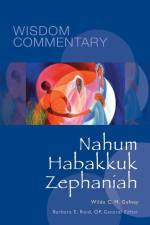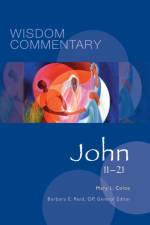av Julia M. O'Brien
575,-
This volume brings gender studies to bear on Micah's powerful rhetoric, interpreting the book within its ancient and modern contexts. Julia M. O'Brien traces resonances of Micah's language within the Persian Period community in which the book was composed, evaluating recent study of the period and the dynamics of power reflected in ancient sources. Also sampling the book's reception by diverse readers in various time periods, she considers the real-life implications of Micah's gender constructs. By bringing the ancient and modern contexts of Micah into view, the volume encourages readers to reflect on the significance of Micah's construction of the world. Micah's perspective on sin, salvation, the human condition, and the nature of YHWH affects the way people live--in part by shaping their own thought and in part by shaping the power structures in which they live. O'Brien's engagement with Micah invites readers to discern in community their own hopes and dreams: What is justice? What should the future look like? What should we hope for? From the Wisdom Commentary series Feminist biblical interpretation has reached a level of maturity that now makes possible a commentary series on every book of the Bible. It is our hope that Wisdom Commentary, by making the best of current feminist biblical scholarship available in an accessible format to ministers, preachers, teachers, scholars, and students, will aid all readers in their advancement toward God's vision of dignity, equality, and justice for all. The aim of this commentary is to provide feminist interpretation of Scripture in serious, scholarly engagement with the whole text, not only those texts that explicitly mention women. A central concern is the world in front of the text, that is, how the text is heard and appropriated by women. At the same time, this commentary aims to be faithful to the ancient text, to explicate the world behind the text, where appropriate, and not impose contemporary questions onto the ancient texts. The commentary addresses not only issues of gender (which are primary in this project) but also those of power, authority, ethnicity, racism, and classism, which all intersect. Each volume incorporates diverse voices and differing interpretations from different parts of the world, showing the importance of social location in the process of interpretation and that there is no single definitive feminist interpretation of a text.

